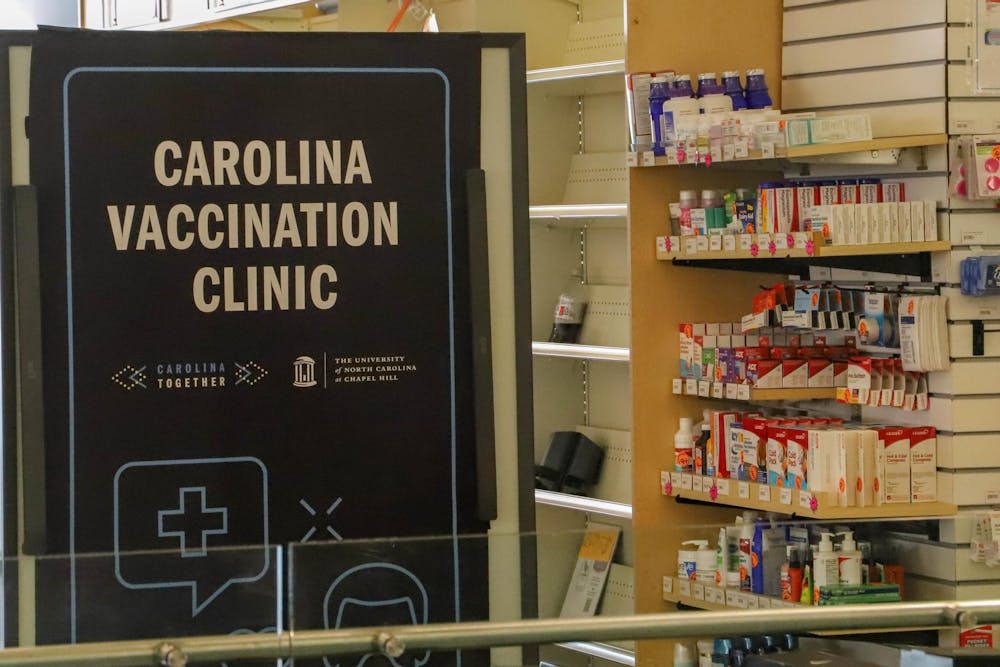North Carolina is currently experiencing an increase in both flu cases and RSV cases in the last several weeks, according to the N.C. Department of Health and Human Services' dashboard. COVID cases involving an emergency department visit have decreased in recent weeks.
Dr. Susan Kansagra, the NCDHHS assistant secretary for public health, said at this time of year, respiratory illness cases often rise because the weather is getting colder and people are spending more time indoors. She also said the NCDHHS is keeping a close eye on metrics and emergency department visits to ensure North Carolina has the capacity to handle the winter increase.
“The most important thing to remember is we have tools to manage these respiratory viral illnesses and to decrease the risk of severe disease and hospitalizations,” Kansagra said. "The number one tool that we have are vaccines, and this is the first season that we actually have vaccines available for all three of these viruses.”
She also said community members should stay home if they are sick to help protect themselves and prevent the spread of illnesses.
“If you test positive for COVID or flu, remember that there is treatment that's available, particularly if you're at higher risk, and so you can get treatment medications that help lower the risk of severe disease,” Kansagra said.
The NCDHHS has a number of resources to learn about vaccines and treatments for respiratory illnesses, including locations to get vaccines and tests and information about accessing telehealth services.
Dr. Nicholas Turner, an internal medicine and infectious diseases assistant professor at Duke, said he thinks most of the cases we are currently seeing are not the flu — because the flu spike is typically in November or December.
“We've seen a handful of flu cases so far, but I do not think we're at our peak for those at all yet,” he said. “We have also seen a handful of RSV cases so far and so it's clearly starting to circulate. But similarly, it's usually a bit later in winter where we really hit the peak for that.”
He said being indoors more affects these increases, but there could also be seasonal changes to our immune systems.




